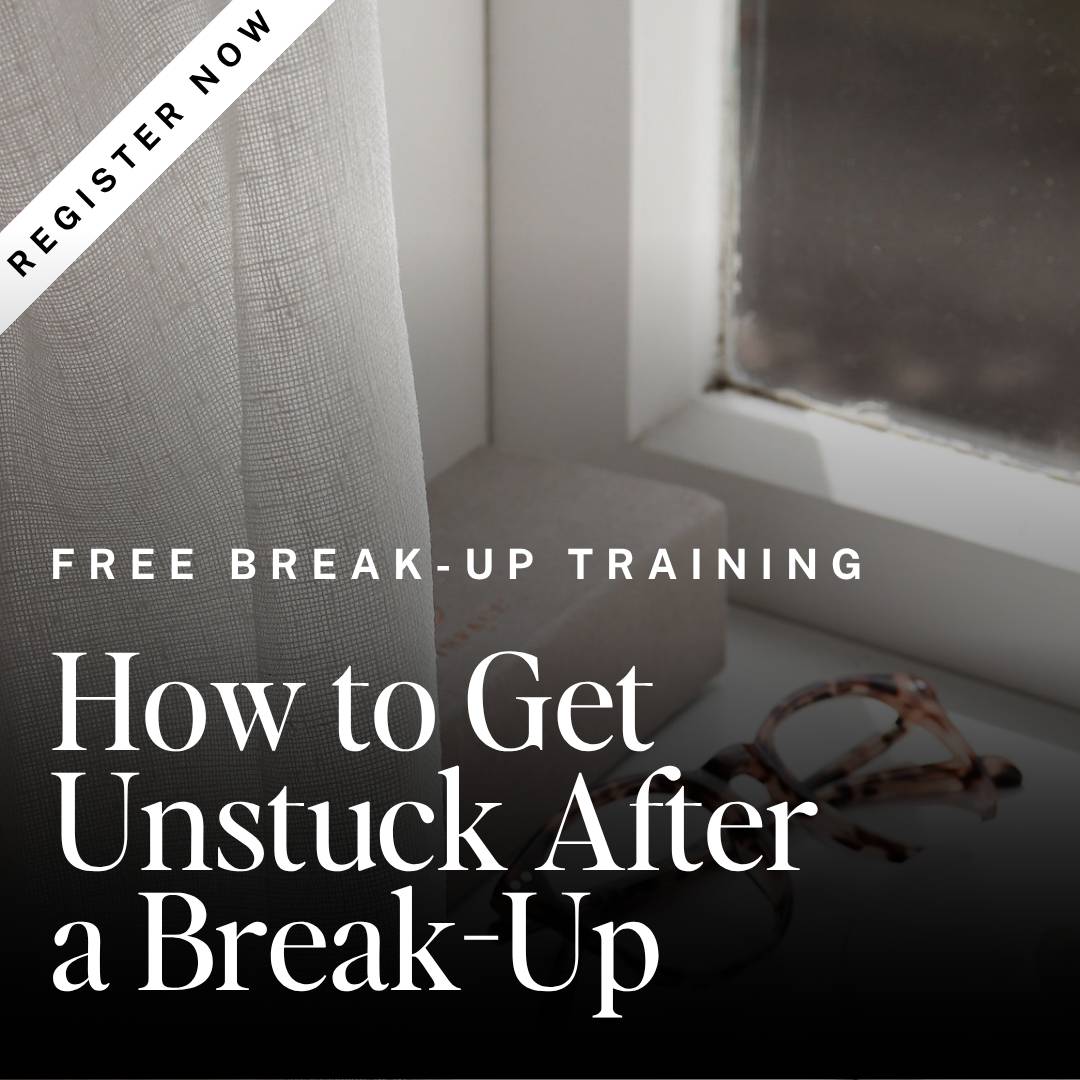Hi Reader
Self-criticism is a struggle that most of us are well-acquainted with.
Beating ourselves up for our mistakes and missteps, looking in the mirror and seeing only our "flaws", replaying interactions and cringing at ourselves for saying the wrong thing, berating ourselves for the things we do that we know we shouldn't (and the things we don't do that we know we should!).
Needless to say, the voice in our head reminding us of all the ways in which we are stupid, insecure, awkward, ugly, inadequate, broken, and a failure, can feel loud and unrelenting.
Against that backdrop, it's little wonder that a lot of people talk about "defeating" or "silencing" the inner critic. It makes sense that we'd want to make this part of us just go away.
And yet, when we criticise the critic, it only adds stress to a system that is already under so much pressure.
So, what would it be like to instead pull up a chair and get to know your inner critic? Not from a place of trying to overpower or eradicate, but to genuinely understand. Asking questions like:
- "What are you trying to do for me in reminding me of all my mistakes?"
- "What are you afraid would happen if I didn't focus on my shortcomings all the time?"
- "How are you trying to help me with all this criticism?"
- "What would you need from me in order to soften the criticism and take a break?"
As with any of our "difficult" parts (hello, anxiety!), turning towards them and choosing to listen is always more fruitful than blaming, shaming, and turning away. And when it comes to the inner critic, often you'll find the answers to those questions sound something like:
- I'm trying to make sure you realise what's at stake so you don't slip up.
- I'm scared that if we aren't perfect, we won't be loved, accepted, or approved of.
- If you aren't focused on your flaws, I'm scared you won't be motivated to fix them.
- Mistakes feel too risky, and I don't want us to get hurt again.
Looked at in this way, we can see self-criticism for what it is: a fierce protector, working so hard to keep us from feeling the pain of rejection and inadequacy.
Of course, that doesn't mean that shaming and punishing ourselves is necessarily a helpful way to learn and grow — but recognising the loving and protective intent behind self-criticism is a powerful first step towards creating more internal harmony and self-trust.
And ironically, it's only in de-shaming our system that we can start to meaningfully engage with the lessons of the past — reflecting on things we regret or wish we'd done differently, and taking steps towards repair and greater alignment. And often, when our self-critical parts see that we are taking ownership and agency towards a healthier way, they start to trust that their protective mechanisms needn't be so loud and persistent.
If this topic speaks to you, I dive deeper into it in this week’s podcast episode: How to Soften Your Inner Critic and Forgive Yourself for Past Mistakes.
As always, I’d love to hear how this landed for you. Feel free to hit reply — I read every message, even if I can’t always respond individually.
Sending so much love,
Steph
What's On

Live Event in London!
Only a few weeks until my live event in London! Join me on Saturday 13 September for an intimate talk and live Q&A on the path to secure love — and how the work begins within.
|
|

NEW! Free Break-Up Training
If you've been through a break-up and are struggling with self-doubt, rumination, and letting go, I have a brand new free training just for you, where you'll learn exactly what it takes to get unstuck and start truly healing.
|